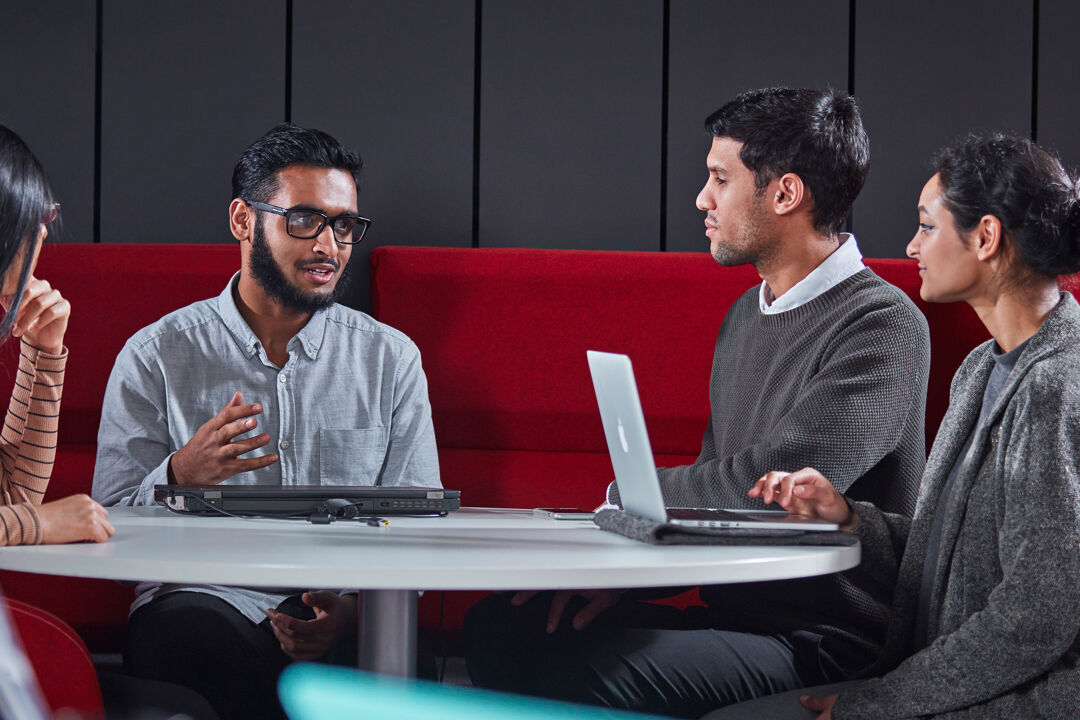We are living through unusual and unsettling times and it is only normal to experience feelings of stress, anxiety and worry.
Being stuck at home, adapting to new routines and self-isolating can be overwhelming and increase the pressure we put on our mental health and wellbeing, so we have asked our team of Mental Health First Aiders to give us their top tips for looking after your mental health.
Eleanor Niblock, Lead Co-ordinator
“My top tip for someone would be to talk. It always helps to have a rant when you're angry, to get something off your chest, and it's the same for other emotions (sadness, loneliness, and anxiety). You don't have to give out specifics or the whole story, or even talk about why you feel the way you do! I find simply asking someone if they want a cup of tea works best or messaging one of my housemates to see if they want to go for a walk or to the shops so we can all get things off our chest. As MHFAs, we're also here to talk - it doesn't have to be mental health related but if you need us to be a friend/peer then we can do that”.
Sarah Burton, Lead Co-ordinator
“Making time for yourself is really important. Running from one job or errand to the next means that we never give ourselves time to fully process how we think or feel. Whether it's two minutes to do some deep breathing and grounding yourself, or an hour in the bath with a face mask, just turn off social media and give yourself that time to really relax. It’s the biggest form of self-care”.
Joanne Lloyd, Mental Health First Aid Lead Co-ordinator
“My top tip is to schedule a routine. I'm most productive when I have a set plan on what I need to do and if a task seems really overwhelming, I just break it down into smaller tasks to do throughout the day. When there's a lot to do it’s easy to avoid everything or for tasks to slip your mind. I like to plan in hour segments for important tasks and this means I won't overwork myself, or completely avoid doing tasks altogether. I do actually schedule rest days too, as resting is extremely important”.
Paige Clarke-Jeffers, Mental Health First Aider
“Stretch yourself and exercise. It’s important to have breaks and try to do some stretches or a bit of yoga to move the muscles, which prevent aches and pains from sitting still for too long. Make sure you exercise and keep a healthy diet, check out free online workouts or take a stroll in the park. Listen to music and just get yourself moving - this will help to improve your mood”.
Remember that your mental health is just as important as your physical health. At BCU we have lots of Mental Health and Wellbeing support services in place for you.
Find out more about our support services in the Faculty. You can also follow the BCU Mental Health First Aiders on Instagram - @bcu_mhfa.
Other services that can help include:
- Every Mind Matters has expert advice and practical tips to help you look after your mental health and wellbeing.
- For wellbeing support in Birmingham visit The Waiting Room





